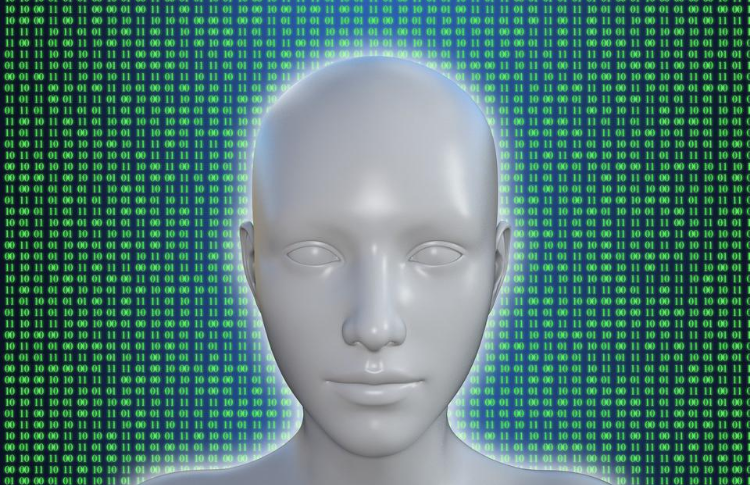The innovation lies at the heart of the healthcare industry in the United States, and that has a lot to do with its focus on better solutions for a better world. One of the many approaches and tools being used today to improve the health of patients all across the country is Artificial Intelligence (AI). Yes, it may sound like science fiction, but AI in healthcare is becoming a trending topic due to the fantastic results that it is yielding. We are providing here for you an overview of the many types of technologies currently shaping the face of healthcare.
Jump Ahead To:
The Birth of AI in Healthcare
The idea of humans interacting with computers to produce results that are inherently tied to the health of body and mind is not a new concept. For years hospitals have used the latest interfaces to assist patients with mobility or speaking impairments, allowing them to better communicate with hospital staff. BCIs or Brain-Computer Interfaces first gained significant attention in the 1970s when countless articles were published in medical journals regarding their ability to assist patients with neurological impairments. Forbes goes into detail in a recent article regarding these sophisticated machines. Today these units can handle the movements of prosthetic limbs and more. They were some of the original forms of AI in healthcare.
Tools for the Future
Incorporating AI in healthcare means looking closely at where technology is most needed and where it can help to make specific routine processes easier for both doctors and patients alike. Many of the upcoming AI tools are aimed at reducing the time it takes to develop accurate diagnoses while enhancing the types of treatments available for recovery. The following tools stand out:
- Radiology
Radiology is one of the most significant sectors in healthcare that is taking full advantage of smart devices. Many diagnoses require advanced screenings of the inner workings of the human body. These screenings can even sometimes require tissue samples for further analyses which can put patients with weak immune systems at risk of infection. By using more sophisticated radiology systems, doctors may now be able to know what they need to know from a smarter analysis of tissue. Radiology Today concurs that AI technology is promoting progress. Also, doctors need to wear a radiology apron to save themselves when working on the diagnosis and treatment of disease.
- Documentation
For hospital staff, there is perhaps nothing more time-consuming than Electronic Health Records or EHR. EHR can take up massive amounts of time as staff sort through clinical documentation and order-entries. AI provides staff with voice recognition devices that make logging a whole lot easier. By spending less time on these types of programs, the team can focus on what matters, and that is the patients they care for.
- Pathology
Pathology plays a significant part in all diagnoses in healthcare. About 70% of diagnoses given come from pathology test results. AI is making the type of machines used in these tests far more sophisticated, equipping them with smart technology able to zoom in at a pixel level on dangerous tumors and cardiovascular issues. It is entirely possible now that AI machines can outperform pathologists, an unthinkable concept only ten years ago. By reducing the need for additional testing, treatments can begin as soon as possible, possibly saving lives in the process.
- Monitoring
Monitoring the health of patients is crucial to recovery; smart devices make this more comfortable and more accurate for hospital staff. Machine learning algorithms can integrate complex datasets that can provide options for better treatments and less invasive solutions. Learning the patterns of conditions and being able to monitor them is a significant part of staying ahead. University College London is one of the hospitals using AI technology to reduce wait times when monitoring and screening for medical issues.
The Future of AI in Healthcare
“The future of AI in healthcare looks bright,” explains Todd William, founder, and CEO of Reputation Rhino, an online reputation management company in New York City that works with a number of healthcare companies on digital marketing strategies. AI in healthcare is set to be a significant part of the discovery process that is inherently part of medicine. On both sides of the aisle, patients and doctors can benefit from smart devices that are putting health at the forefront of technology’s growth.

